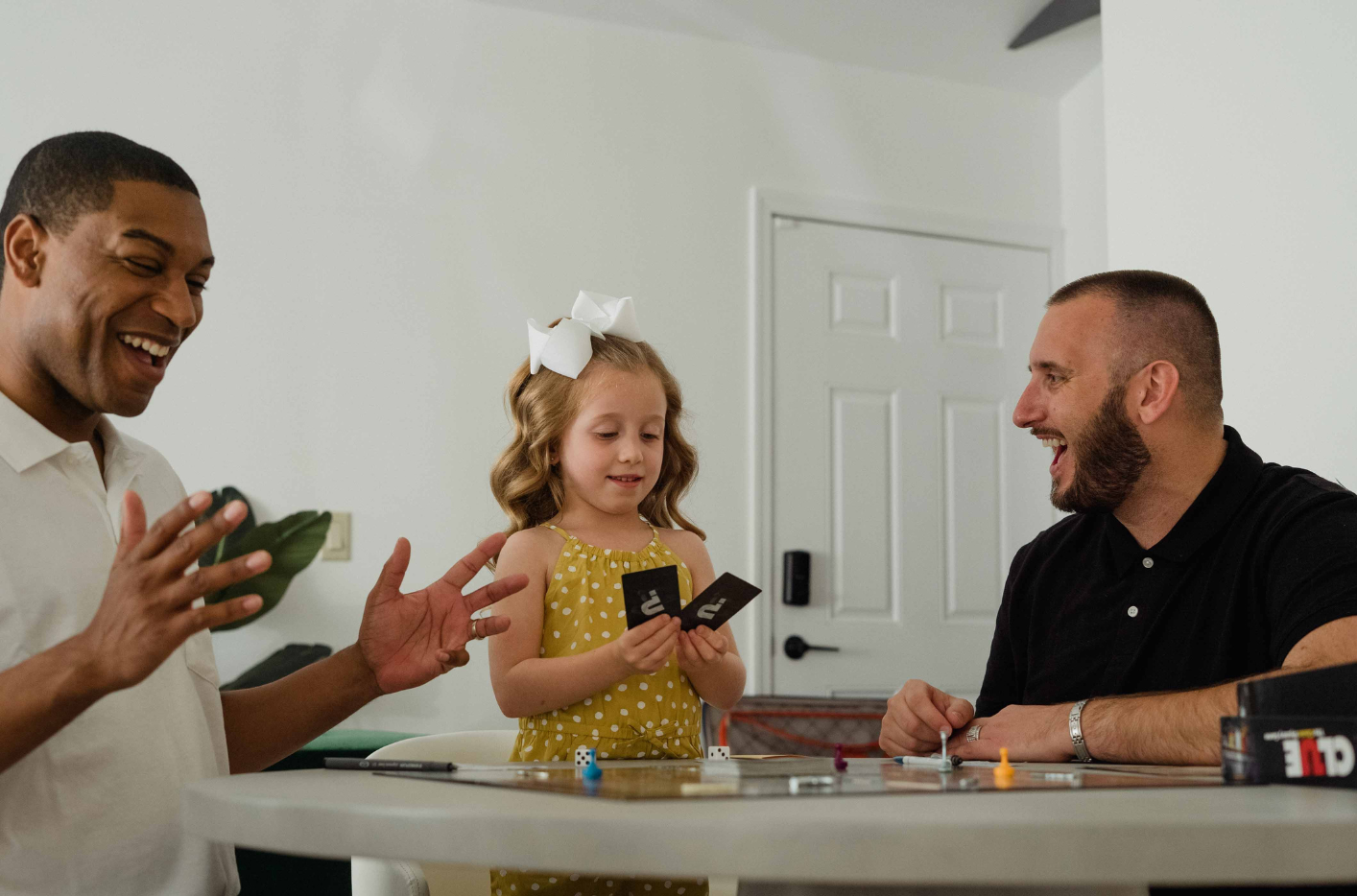Teaming Up With Your Child's School for Success

By Sarah Donaldson
How can you partner with your child’s school to nurture their developing mind? Here are six shifts in thinking to support your child’s education and feel empowered as a parent.
Self-regulation = learning
Self-regulation is the ability to manage your behavior and your reactions to emotions and your environment. It means ignoring distractions when engaged in a task, delaying gratification, and calming yourself when experiencing big emotions. Self-regulation is positively correlated with academic success (1). Self-regulation allows your child to pay attention during a lesson, focus on tasks, and manage emotions.
Providing your child with opportunities to self-regulate sets a foundation for learning. Playing card games or board games like chess and checkers and giving children regular chores are ways of providing them with opportunities to practice focusing on tasks and ignoring distractions. If they dislike chores or lose interest in the games, it gives them practice at managing frustrations and other emotions.
Create a sea of oral language
You don’t need an app or tutor—you just need to talk. Your child’s reading and writing vocabulary is dependent on the words they hear and say during real-life interactions. This is especially important in third grade and beyond when the texts learners are expected to read and write increase in complexity. Speak to your children using the same vocabulary you would with adults, but stop to quickly explain a word when needed. Talk about anything you see, hear, taste, smell, or experience. This can also be an exercise in self-regulation as everyone puts away devices and talks.
Home learning
Embracing the idea of home learning experiences in place of traditional homework means weaving learning into daily, shared experiences. Ask your children’s teachers about this term’s topics and try to incorporate those topics into your life. If your child is learning about ecosystems, go for a walk or head to the park and discuss the ecosystems you see, or read a book together about an animal they love. If your child is learning about addition, then find a recipe together, make a grocery list, add up the prices of items, thinking out loud about how you add numbers, and invite your child to help you. Praise mistakes as creative thinking and then cheerfully demonstrate how to fix them. A mistake builds a new pathway in the brain, creating space for learning (2). Make the recipe and a mess, clean up after yourselves, and enjoy.
Engage across platforms
Schools today communicate across platforms so make sure you are getting all the information you need. You can always ask for help setting up your accounts and notifications and then practice self-regulation by making it a habit to check them!
Forget your school experience
The world has changed dramatically since you were at school, so schooling should have changed too. The world today requires us to communicate, collaborate, create, critique, be resilient, and fail forward—that is, move forward after failure. Rarely are there traditional tests in life. Rarely do we work alone. Project-based learning, design thinking, giving and receiving feedback, directing their own learning, interacting with peers from different cultural and linguistic backgrounds, learning from mistakes, and taking risks should be part of your child’s day even if they were not part of your school days.
Catch bees with honey
My mom always said, “You catch more bees with honey.” If you are sweet, you will usually get what you want. So how does this look in the parent–teacher relationship?
Start by throwing kindness like confetti. Build rapport and communicate positively with your child’s educators, so that when a problem arises, you start from a positive foundation. Compliments and genuine respect go a long way. You may be tempted to talk directly to an administrator, but they do not know your child in the way your child’s teacher does, so talk to their teacher first, and don’t wait. If you have any concerns, communicate immediately, and politely.
By engaging with your children’s school you can smooth, improve, and support their educational journeys.
References
- Cartwright, K. B., & Duke, N. K. (2023). Executive skills and reading comprehension: A guide for educators. Guilford Press.
- Boaler, J. (2015). Mathematical Mindsets: Unleashing Students’ Potential Through Creative Math, Inspiring Messages and Innovative Teaching. San Francisco, CA: Jossey-Bass.
About the Author
As an educator for more than 20 years, Sarah has been a classroom teacher, lead teacher, EAL teacher, literacy coach, and associate principal across the globe. She specializes in literacy assessment and instruction and enjoys working with learners, families, and educators to promote literacy for today’s highly communicative world. sarah.donaldson@verso.ac.th
